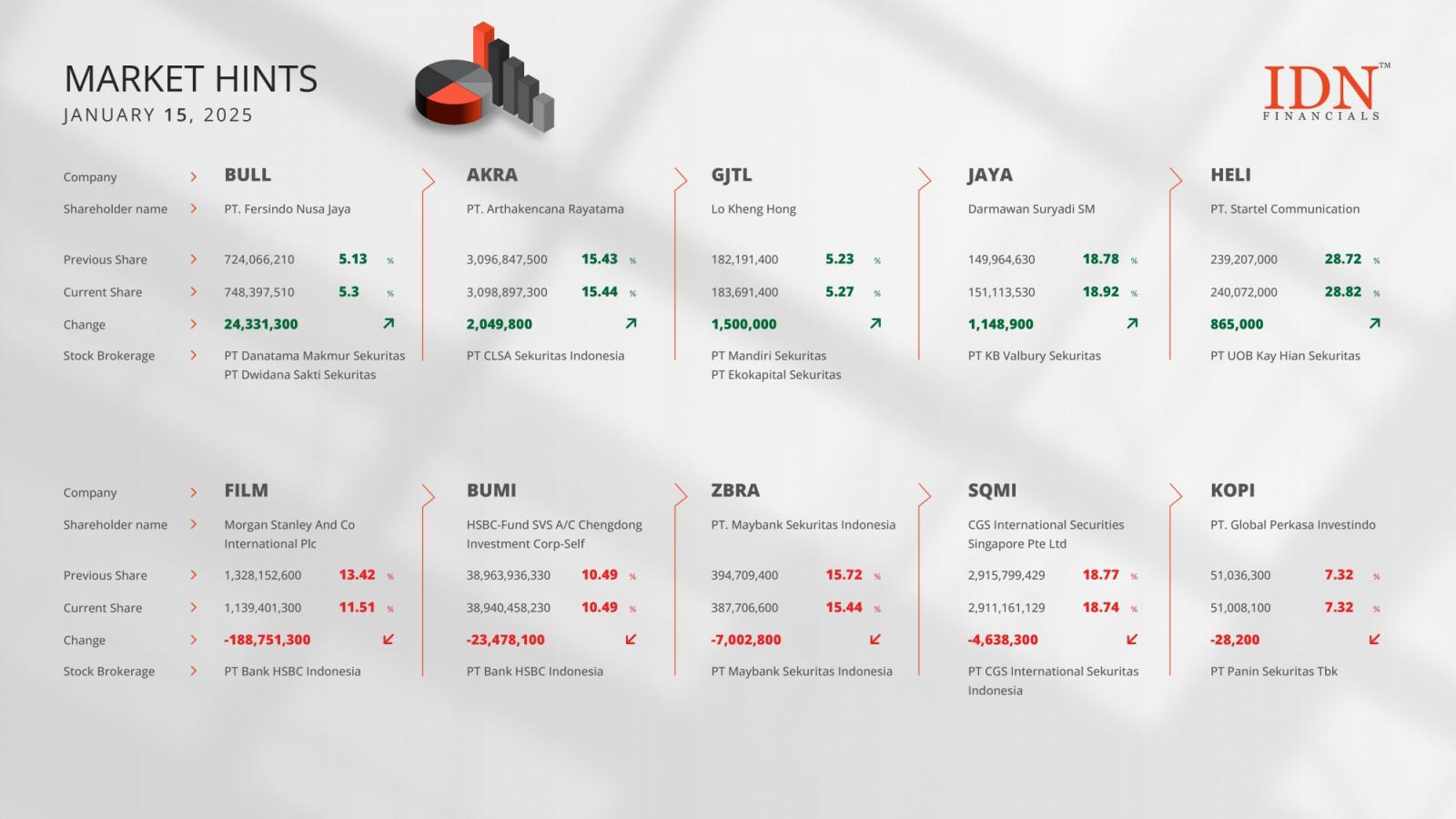
UK retail sales declined more than expected in April as poor weather reduced footfall, official data revealed on Friday.
Meanwhile, a monthly survey conducted by the market research group GfK showed that British consumer sentiment strengthened in May as households\' became more optimistic about future personal finances and general economic outlook.
The retail sales volume dropped 2.3 percent on a monthly basis, following a revised 0.2 percent drop in March, the Office for National Statistics reported. Economists had forecast a 0.5 percent drop for April.
The ONS said sales decreased across most sectors, with clothing retailers, sports equipment, games and toys stores, and furniture stores doing badly as poor weather reduced footfall.
In the three months to April, the retail sales volume rose 0.7 percent from the previous three months and fell 0.8 percent from the same period last year.
In April, non-food store sales decreased 4.1 percent, which was the joint largest fall since January 2021.
At the same time, food stores sales volumes fell for their third consecutive month, mainly because of supermarkets. Food sales shrunk 0.8 percent.
Automotive fuel sales volumes showed their largest monthly fall since October 2021, which was down 4.9 percent.
Excluding auto fuel, the retail sales volume posted a monthly fall of 2.0 percent after a 0.6 percent decrease in March, data showed.
On a yearly basis, retail sales decreased 2.7 percent, in contrast to the 0.4 percent increase in March. Sales were forecast to drop only 0.2 percent.
Excluding auto fuel, retail sales slid 3.0 percent, bigger than economists\' forecast of 1.1 percent fall.
Capital Economics economist Ashley Webb said the weakness in April was probably a one-off.
As inflation falls further, the rising real household disposable incomes should boost retail activity throughout the rest of this year, the economist added.
Data from GfK showed that the consumer sentiment index rose two points to -17 in May. The score was better than economists\' forecast of -18.
Only major purchase measure showed a slight drop as the cost-of-living crisis continued to weigh on spending.
The outlook for personal financial situation and general economic conditions gained 5 points and 4 points, respectively. Assessment of past personal financial situation and general economic situation posted marginal increases.
GfK Client Strategy Director Joe Staton said, \"With the latest drop in headline inflation and the prospect of interest rate cuts in due course, the trend is certainly positive after a long period of stasis which has seen the Overall Index Score stuck in the doldrums.\"
\"All in all, consumers are clearly sensing that conditions are improving,\" Staton added. The result signaled further growth in confidence in the months to come.





